We are part of The Trust Project
Artisan from Las Piedras teaches about Afro-descendants through her handmade fabric dolls
At Taller Amalia Muñecas, Daniela Francis Blanco Lamas finds inspiration in the need to raise awareness beyond stereotypes, enabling clients to feel identified and acknowledge their ancestral history
Archival note
This content was published more than 1 year ago.
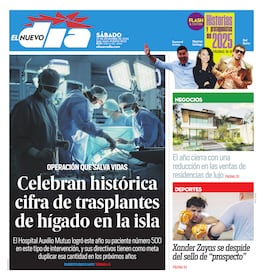
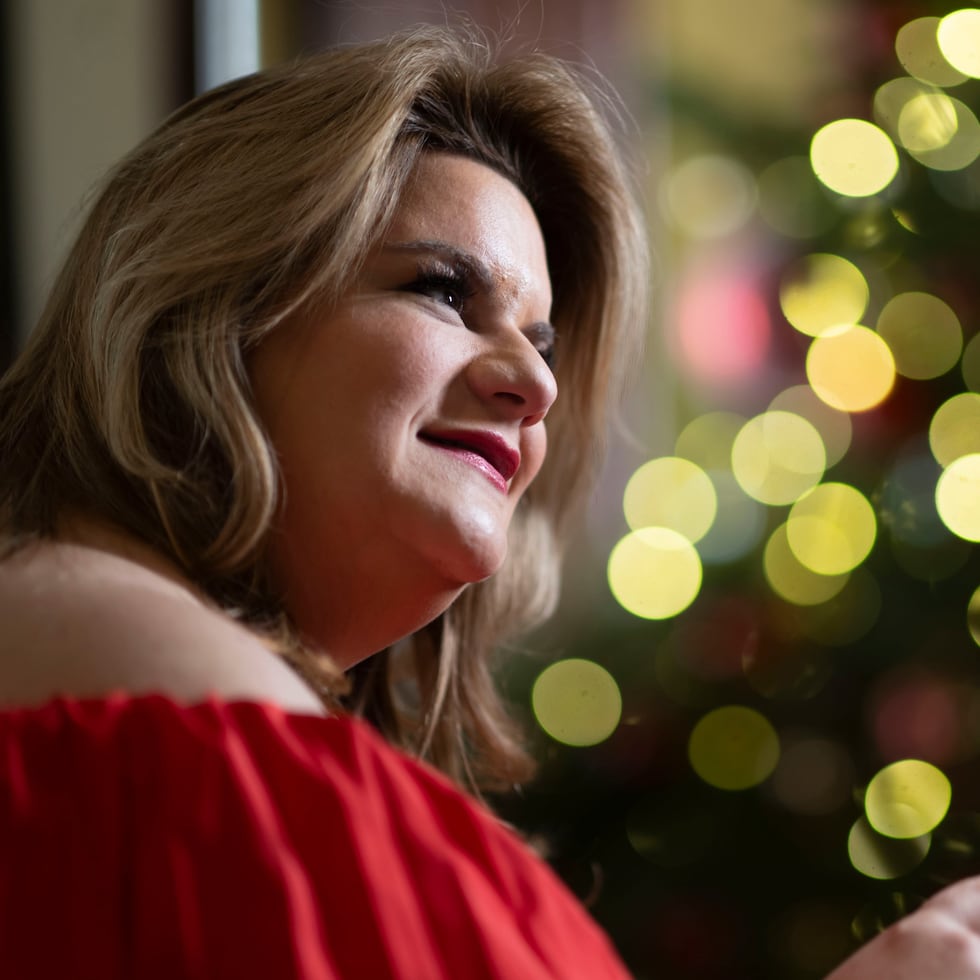
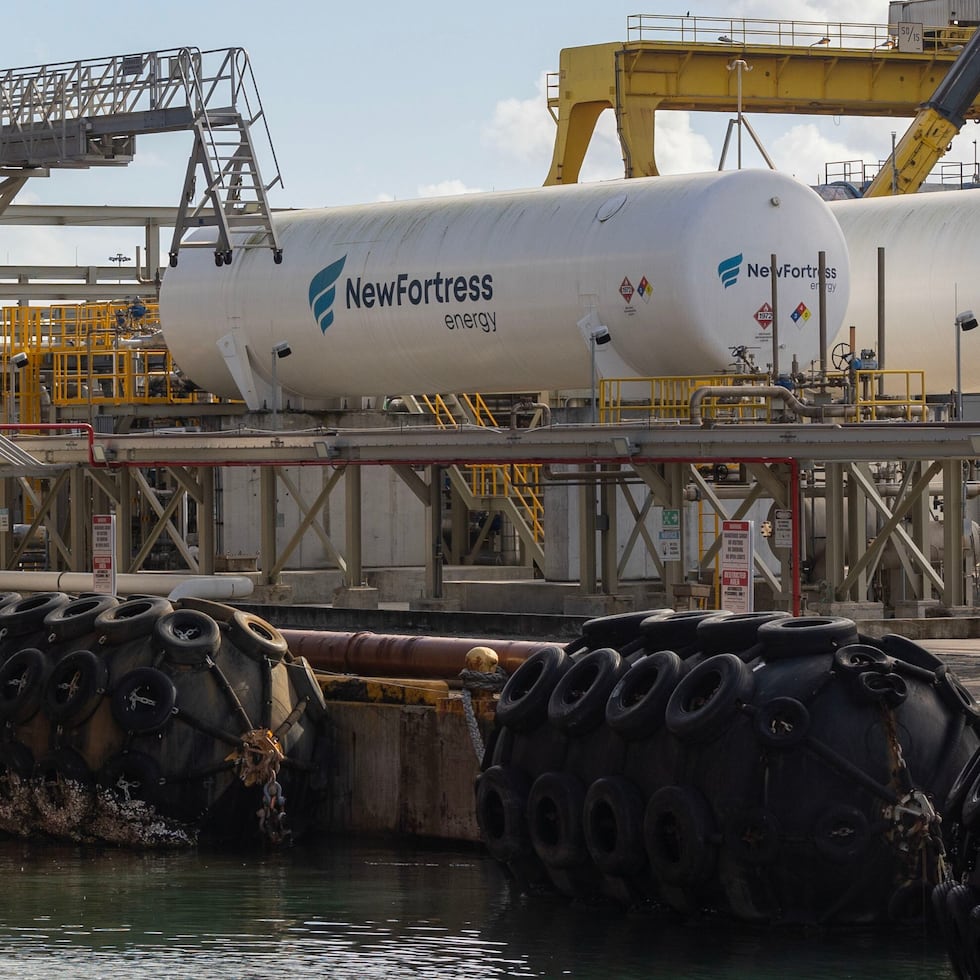
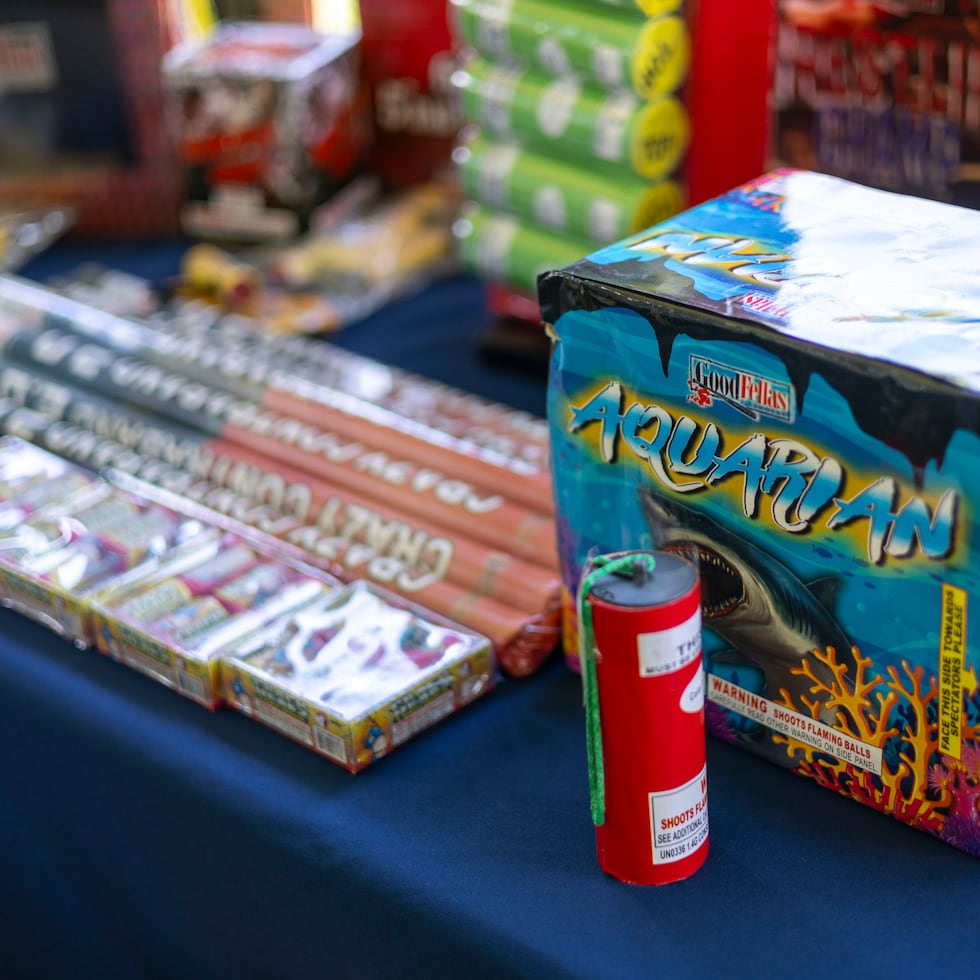
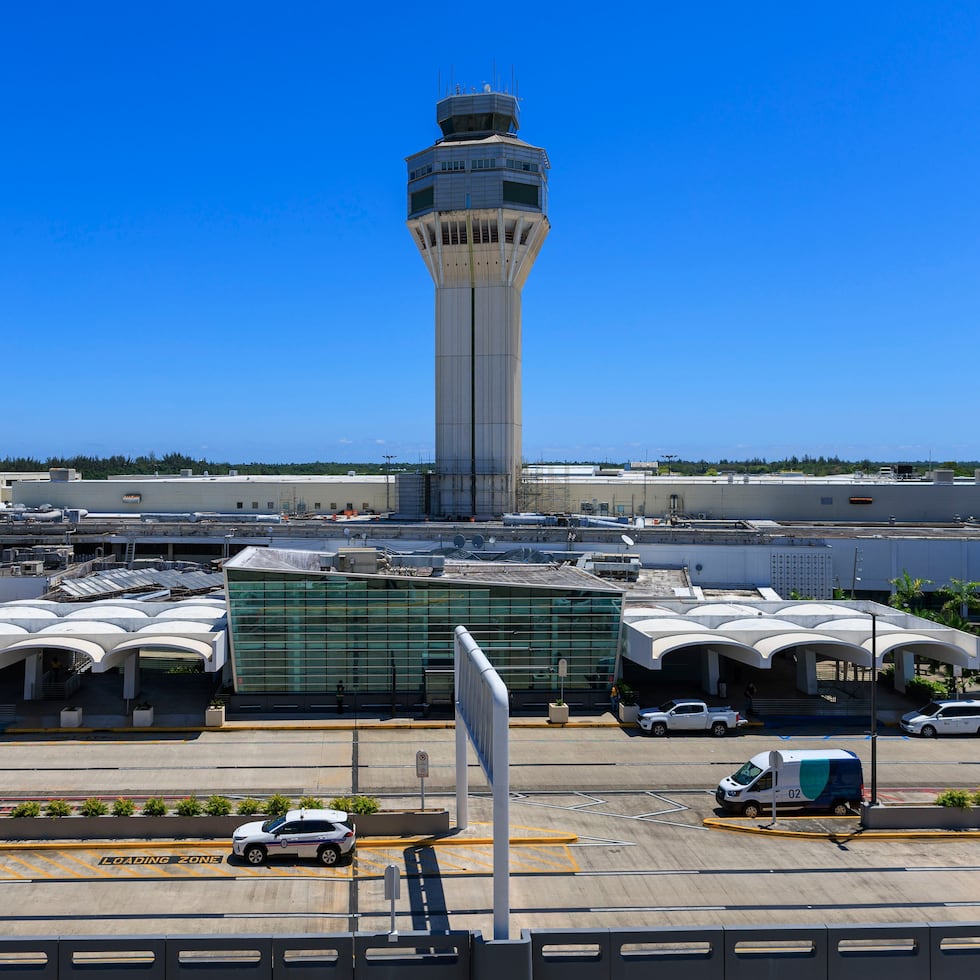
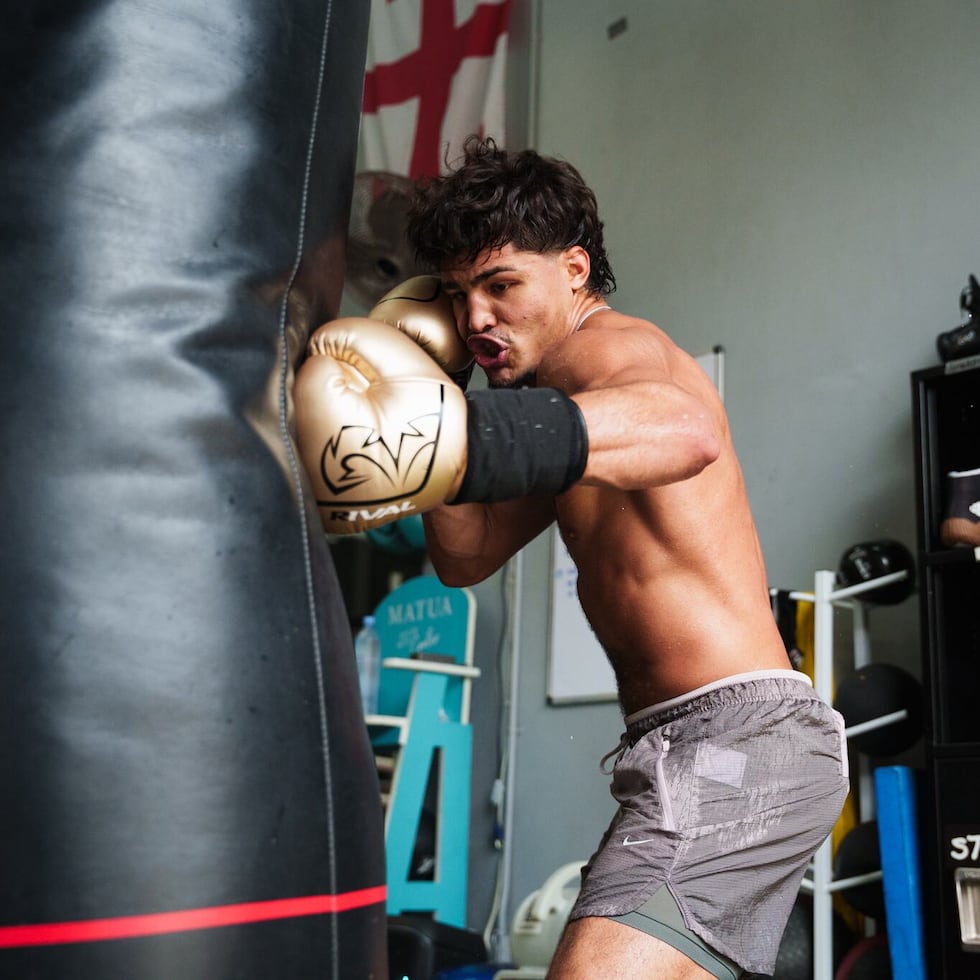
%2Fcloudfront-us-east-1.images.arcpublishing.com%2Fgfrmedia%2FU5QUXWC3F5GQDHO52UEGMBRCLU.png?auth=612970aebccaddfde29323853948a775c18b93fdc017e3b6b756c10ce3d9e1f6&quality=75&width=64&height=64&smart=true)
%2Fcloudfront-us-east-1.images.arcpublishing.com%2Fgfrmedia%2FBG2GHDTR7FGE5IKBCZF7E76QIY.png?auth=66b804e6bebd0db39b15c761da085ecf249e8ea06ab88091e74165f94cf56b7f&quality=75&width=64&height=64&smart=true)
%2Fcloudfront-us-east-1.images.arcpublishing.com%2Fgfrmedia%2FXUI2FWFQK5DPXNPT6V276WHNXQ.png?auth=94eac7e8b922e5a79b71e17f170d9ab270d4ba9e200e4d55f2bd5bd126bcc8c6&quality=75&width=64&height=64&smart=true)
%2Fcloudfront-us-east-1.images.arcpublishing.com%2Fgfrmedia%2FSVA5Y6Z5CFCLDHGVHMWTLQ262Q.png?auth=652b25ed8819b7a890ee2eee9498853e3cd613c6e6f080d9bcdce2321db129cd&quality=75&width=64&height=64&smart=true)
%2Fcloudfront-us-east-1.images.arcpublishing.com%2Fgfrmedia%2FXJHYFGMTXZG2XBEPXGC2KF2MFM.png?auth=c252e7a419c55b996209bd06829dcfeca5a3dbd9bc71cc8d8f5fbe6a4aa74f0f&quality=75&width=64&height=64&smart=true)

